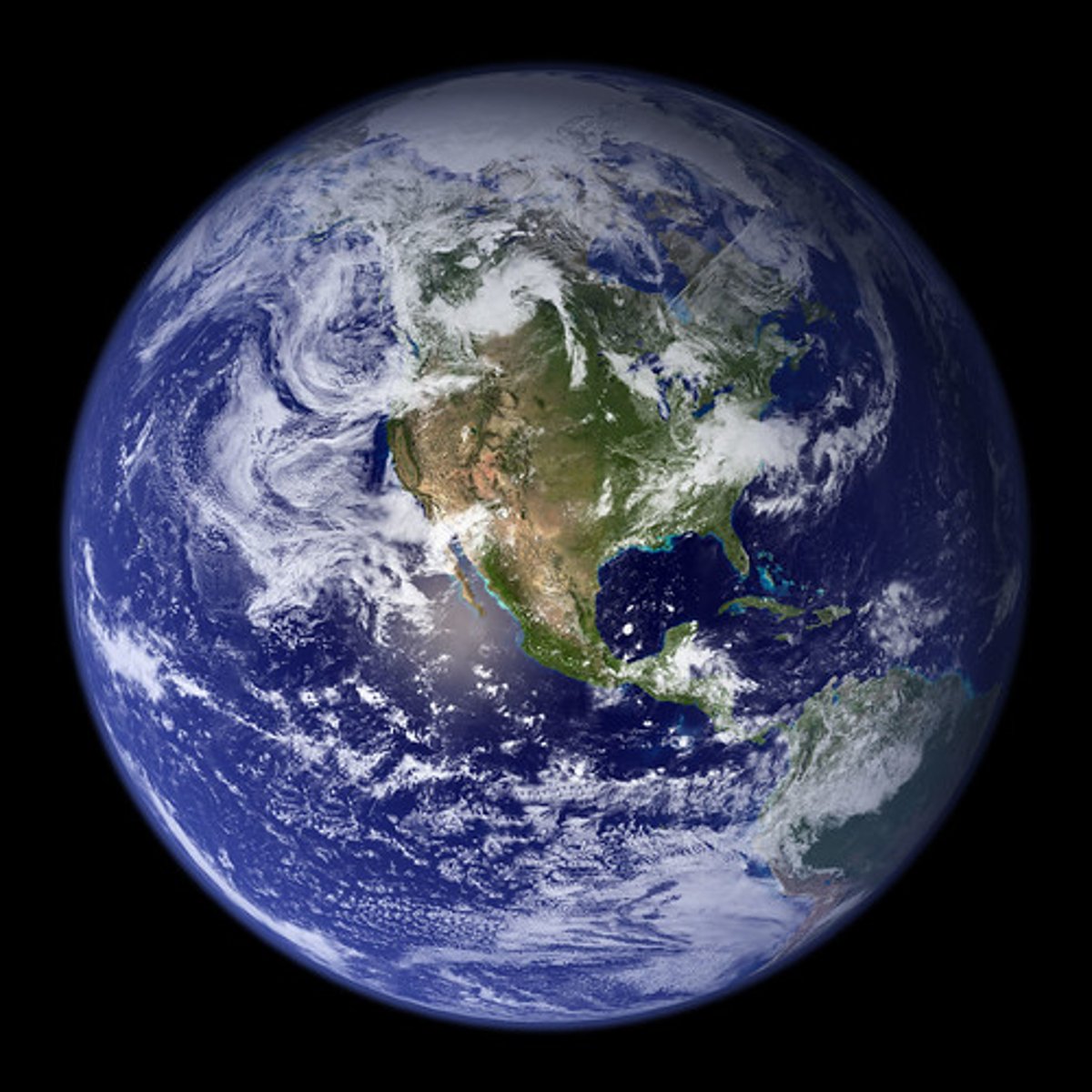Abeka 8th grade Science Test 2
1/68
There's no tags or description
Looks like no tags are added yet.
Name | Mastery | Learn | Test | Matching | Spaced | Call with Kai |
|---|
No analytics yet
Send a link to your students to track their progress
69 Terms
geology
Study of the earth

crust
the earth's outer layer made of solid rock
sediments
deposits of sand, mineral fragments, or organic materials usually left by wind or water
oxygen
most abundant element in the earth's crust

Moho
boundary between crust and mantle
core-mantle boundary
lies roughly 2900 km beneath the surface and marks the bottom of the mantle (between mantle and core)
inner core
by contrast, is thought to be solid iron or nickel, kept in solid state by pressures over 3.5 million
fault
when a layer of rock breaks and moves due to the strain of the forces upon it
thrust fault
results when rocks on one side of a fault are shoved on top of the rocks on the other side
syncline
rocks that bend downward during the folding process from a tough-like structure called a ______
folded mountains
these are thought to have formed when the edges of two adjacent tectonic plates were pushed together, causing the layers to buckle like a wrinkled rug
tectonic earthquakes
earthquakes that result from sudden movements of rock beneath the earth's surface
aftershocks
smaller earthquakes or tremors that often follow an earthquake at frequent intervals for days or even months, gradually decreasing in intensity
seismology
The study of earthquakes
elastic rebound theory
rocks on either side of a fault spring back to a position of little or no strain at the moment of an earthquake, triggering vibrations in the earth's crust
slickensides
Rocks along a fault may be polished smooth by this motion producing smooth faced fault scarps
Circum-Pacific Belt
80% of all earthquakes occur here
p waves
fastest traveling seismic waves
seismogram
a record produced by a seismograph
Modified Mercalli Scale
a system for describing and evaluating the effect of an earthquake on a man. it has twelve degrees of intensity
moment magnitude scale
considered the most reliable method for measuring an earthquake's magnitude
fixed-base system
base isolated system
essay: know all the base systems
energy dissipating devices
these devices are added to structures to absorb some of the seismic energy. this lessens the stress on the building, minimizing deformation.
volcano
an opening in the earth's surface through which hot gases, ash, and molten rock are ejected from the earth's interior
vent
the central feature of a volcano is what?
magma chamber
this vent reaches from the surface to a reservoir of molten rock called ________ _______
magma chamber
the actual source of a volcanic eruption
cinder-cone volcanoes
volcanoes that consist primarily of erupted volcanic ash and rock fragments called cinders
composite volcano cone
forms partly through explosive eruptions of cinders from the crater and partly through mild lava flows that pour out of cracks on the cone's flanks
dormant volcano
an inactive volcano that could erupt again
extinct volcano
volcano that is unlikely to erupt again
pahoehoe
lava that hardens to form either a smooth surface or a surface that resembles ropes
aa
lava that hardens into rough, jagged rocks with a crumbly texture
pillow lava
lava solidifies almost instantly and forms rounded structures resembling pillows
pyroclast
particles or blocks of solid volcanic ejecta
volcanic ash
consists of pyroclastic particles less than 2 mm in diameter
lapilli
ejecta that are larger than volcanic ash particles but less than 64 millimeters in diameter
volcanic blocks
solid, irregularly shaped lumps of hardened lava, often large and boulder-like in their appearance
volcanic bombs
form when lava is thrown high into the air in a liquid semi-liquid state and hardens into rock before it hits the ground
pyroclastic flow
consists of a superheated cloud of gas and volcanic ash that travels swiftly down the volcanic slope as an avalanche
volcanic explosivity index
a scale to measure the explosiveness of a volcano's eruptions
calderas
huge bowl shaped craters thought to form when the magma chamber beneath a volcano is emptied of magma causing it to collapse under its own weight
lava tunnels
form when the surface of a large lava flow hardens but the lava beneath remains molten and continues to flow
dike
when volcanic magma hardens in a vertical, sheet-like mass of igneous rock called a ______
laccolith
if the intruding magma is unusually stiff it may not flow easily enough to spread between rock layers to form a sill. instead, it bulges the overlying rocks upward to produce a dome-like intrusion called a ___________
shallow focus
85% of earthquakes are this type
focus
the point deep in the earth at which an earthquake begins
Ring of Fire
a narrow zone of active volcanoes that nearly encircles the Pacific basin is the
fold
The bending or buckling of rocks under great force
mantle
the middle of the earth's three main layers
Seismograph
used to record the vibrations caused by earthquakes
San Andreas Fault
A large, well-known strike-slip fault in western California.
Pangaea
term for the super continent which contained all the plates together
shield volcano
broad, gently sloping volcano made of large quantities of highly fluid lava that hardened into rock
Richter scale
the most famous scale of earthquake strength
magma chamber
the underground __________ _____________ is the actual source of volcanic eruption
domed mountain
type of mountain formed when molten rock collects beneath an overlying rock layer, forcing the layer upward into a blisterlike structure
fault-block mountains
type of mountain formed when rocks on one side of a fault are forced upward and the rocks on the other side are forced downward
volcanic mountian
a type of mountain formed when molten rock erupts from a whole in the earth's crust
epicenter
point on Earth's surface directly above an earthquake's focus
anticline
A fold in rock that bends upward into an arch
vent
the channel in a volcano through which gases, ash, and molten rock are ejected from the earth's interior
active
a volcano that has erupted within recorded history or is currently producing seismic activity
core
The central part of the earth below the mantle
epicenter
where the earthquakes effects are most severe
normal fault
rocks along the side of the fault sink vertically
magma
Molten rock beneath the earth's surface
plate tectonics
theory that the earth's crust and upper mantle consist of huge plates slowly drifting because of convection currents in the mantle
transition zone
the area between the upper mantle and the lower mantle